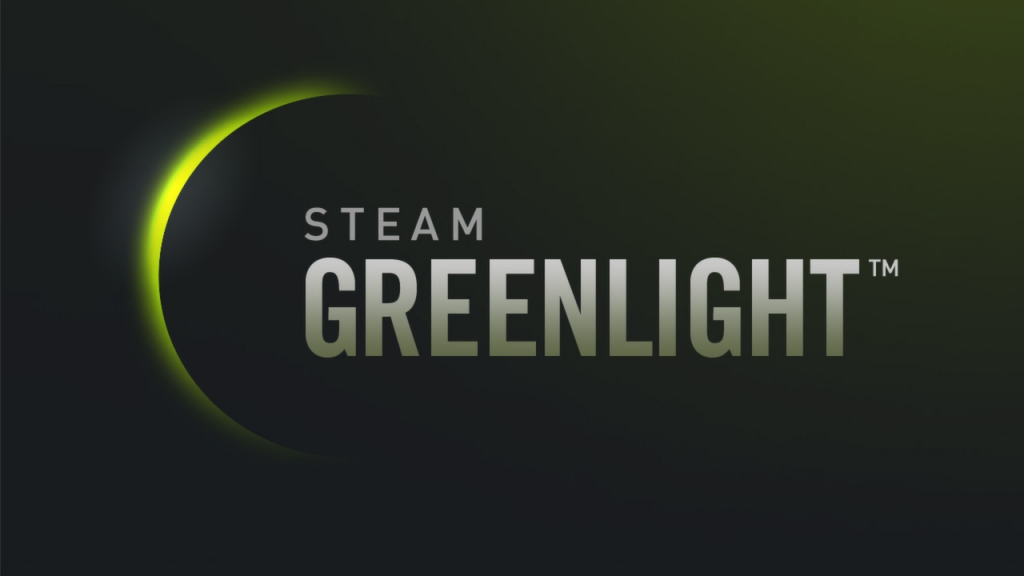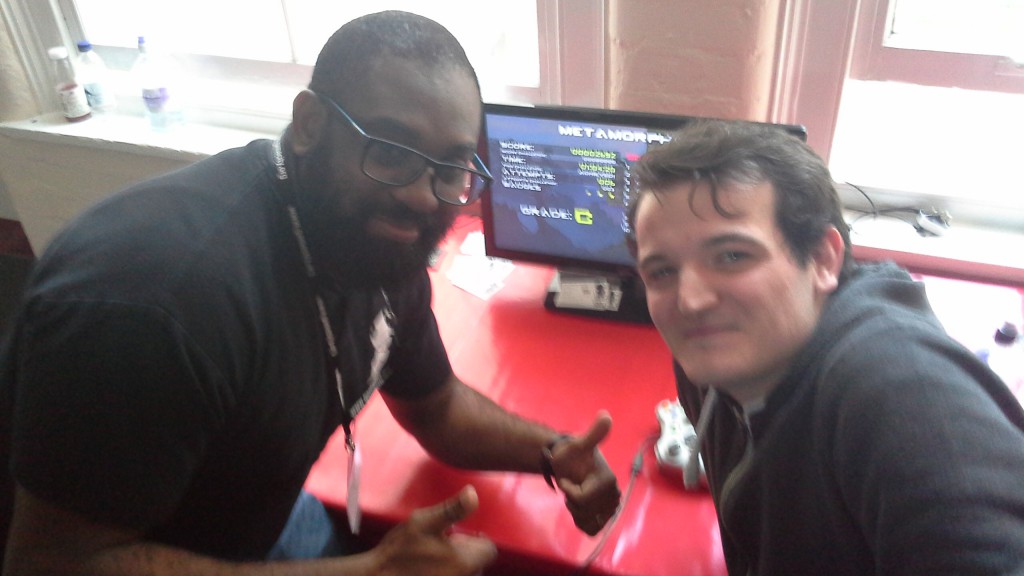Calling all Steam users and Gear Gauntlet fans, Gear Gauntlet is a now on Steam Greenlight! Please show us your support by downloading the […]
Exciting News
Calling all Gear Gauntlet fans and Nintendo fans alike, we are very excited to announce that Drop Dead Interactive is bringing Gear Gauntlet to the Wii U. Along with the Xbox One […]
Gear Gauntlet Needs You! Here at Drop Dead Interactive we are very excited to announce that Gear Gauntlet ID@Xbox Xbox One […]

Game City Festival has been held on an annual basis in Nottingham since 2006, they have also recently opened the first National Video Game Arcade in the […]



